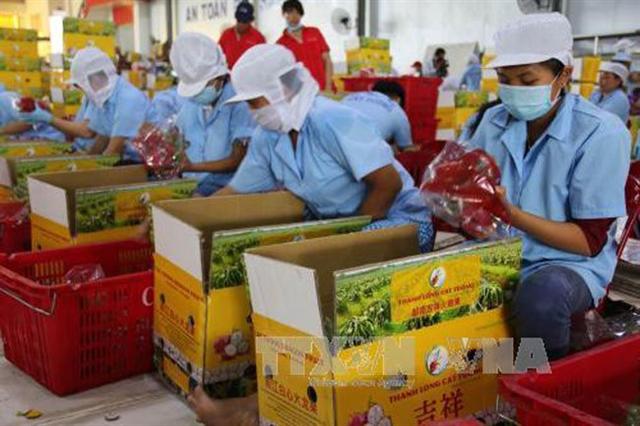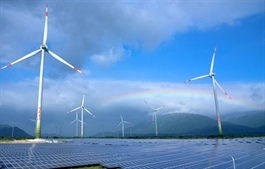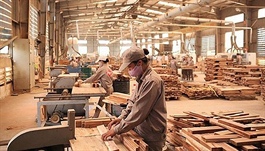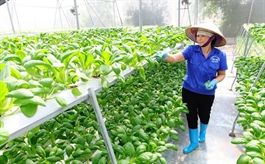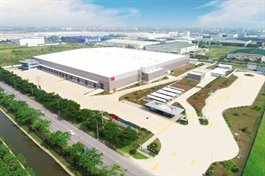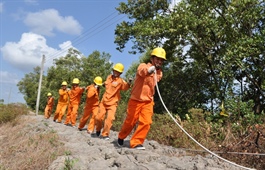U.S. has yet to work out plans to tax Vietnamese imports
U.S. has yet to work out plans to tax Vietnamese imports
The U.S. Trade Representative (USTR) has yet to make any decisions on imposing duties on Vietnamese goods shipped stateside, the Ministry of Industry and Trade cited the head of the USTR as saying.
Workers process dragon fruit for export at the Cat Tuong Agricultural Processing and Production Company Limited in Tien Giang Province. The U.S. Trade Representative has yet to make any decisions on imposing taxes on Vietnamese goods - PHOTO: VNA
|
During a telephone call on the USTR’s investigation into Vietnam’s monetary policy and timber materials in accordance with Article 301 of the Trade Act of 1974 between Vietnamese Minister of Trade Tran Tuan Anh and head of the USTR Robert Lighthizer on January 7, Lighthizer said the investigation was ongoing, news site VnExpress reported.
The news that the USTR has plans to slap duties on Vietnamese goods is inaccurate, he stressed.
For his part, Minister Anh expressed his concern over the USTR’s investigation, saying that it might cause unexpected impacts on the two countries’ bilateral relations and negatively affect thousands of enterprises and hundreds of laborers and consumers.
At a hearing at the end of December last year, representatives of most U.S. associations and enterprises also expressed their concern over the impact of the USTR’s investigation, saying that if taxes are imposed on Vietnamese products, even U.S. enterprises and residents will be at a disadvantage.
Minister Anh reiterated the Vietnamese Government’s view that Vietnam is a developing country and its economic potential remains modest. Therefore, its monetary policy is aimed at controlling inflation and stabilizing the macroeconomy, not at creating trade advantages.
The purchase of foreign currencies in the past is aimed at strengthening the foreign reserves, which are very low compared to other regional countries, thus enhancing the national monetary security and raising its credit rating.
In addition, Vietnam’s wood trade and use is being closely controlled to ensure compliance with prevailing regulations. With respect to the U.S. law, Vietnam is willing to cooperate with the United States during the investigation, Anh added.
He suggested the USTR conduct the investigation in a fair, cautious and transparent manner and consider the possible impacts of its decisions.
The two sides had phone conversations over the issue earlier, including one between Vietnamese Prime Minister Nguyen Xuan Phuc and U.S. President Donald Trump on December 22 last year and one between Vietnamese Minister of Foreign Affairs Pham Binh Minh and U.S. Secretary of State Mike Pompeo on January 6, 2020.


